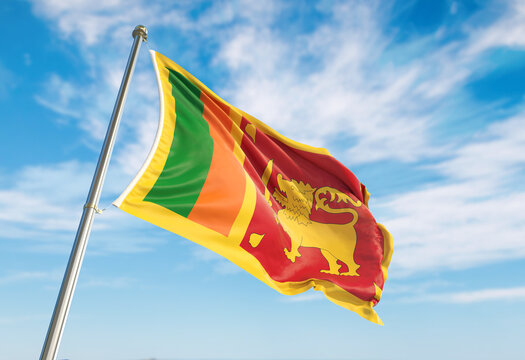May 22, Colombo (LNW): Sri Lanka today observes the 53rd anniversary of becoming a republic—a pivotal moment in its journey from colonial subjugation to sovereign statehood.
It was on May 22, 1972 that the country, then known as Ceylon, adopted its first homegrown Constitution, formally severing its remaining constitutional ties with the British Crown.
Though Ceylon had attained independence on February 04, 1948, that freedom came with limitations. The country remained a Dominion within the Commonwealth, recognising the British monarch as its head of state.
It was not until the Republican Constitution was introduced by a constituent assembly of elected Sri Lankan representatives that the nation fully embraced its identity as a republic, shedding the last vestiges of colonial rule.
This significant constitutional shift marked more than just a change in legal status. It signalled the country’s intent to forge a political and legal order rooted in its own traditions, aspirations, and values—independent from external authority.
The 1972 Constitution replaced the Soulbury Constitution, a document inherited from the British, and reaffirmed the sovereignty of the people through a newly established National State Assembly.
The republic’s birth took place during a period of global decolonisation, when many former colonies were striving to reclaim their political agency. For Sri Lanka, this transition was also symbolic of a broader cultural and national resurgence—one that sought to reassert the island’s own identity following centuries of foreign dominance.
With a civilisation spanning more than two millennia and a history rich in cultural and political evolution, Sri Lanka’s republican milestone is widely regarded as one of the defining chapters in its modern narrative.
Yet in recent decades, the annual commemoration has gradually faded from public prominence. Whilst the day continues to hold constitutional significance, formal state celebrations ceased after 2009, and there have since been no large-scale observances organised by the government.
Nevertheless, many legal scholars, historians, and civic organisations continue to reflect on the day as one that redefined the nature of the Sri Lankan state. For them, Republic Day serves not only as a historical marker, but also as a reminder of the country’s ongoing responsibility to uphold democratic values, institutional integrity, and the rule of law.

